At the time I am writing this, it is the day before my grandma’s 90th birthday. Grandma Barb is one of the most important people in shaping who I am and how I have lived my entire life. This isn’t the case just for me. Grandma Barb has made a positive impact on the lives of our entire extended family and the small community we grew up in. I was blessed with living just a quarter mile away from my grandparents and was able to see them multiple times per week growing up.
I think three of the pillars that have contributed to Grandma’s good health and ability to be here with us today at the age of 90 are social connection, faith and laughter. My grandpa, the love of her life, passed away in March of 2020, just a week before the Covid pandemic caused us all to quarantine. Grandma and Grandpa had planned to move into a senior living facility in April of 2020. Grandma made the challenging decision to not move because it would mean that she would not be able to have visitors due to covid restrictions. Her ability to maintain her social connections throughout the pandemic are what I believe have kept her healthy.
I cannot think of a better role model regarding the importance of social connection and support in being able to stay healthy and well and to enjoy life to its fullest than my Grandma Barb.
Grandma is someone who everyone wants to be around, and she equally wants to be around everyone. This woman has the most severe case of FOMO (fear of missing out) that I have ever seen…in a good way!
The positive influence of social support on our well-being is something that you will continue to see more hype about in the coming years as more research in lifestyle medicine supports this as a substantial factor.
Therefore, we can also say that lack of support has a negative impact on our health. In this series of posts about the top ten reasons why moms don’t exercise as much as we’d like, let’s look a little more closely at how lack of support makes the list and what we can do to work through this barrier.
When you create your exercise goals, there are two ways you can go about it. One way is to dream big and consider what the ideal routine would be for you based on guidelines and your best experiences with exercise in the past. The other way is to consider the reality of your current situation and plan accordingly. For example, you might dream of getting up early each morning to exercise for 30 minutes before the kids get up or before you go to work. However, you may be going through a stage where one of your kids likes to get up at the wee hours of the morning. Or perhaps you are staying up late to get caught up on housework, career work, connection with your spouse, or just zoning out on TV or social media after a long day.
Getting up early might not be in the cards for you at this given stage because of the factors that are affecting your sleep time and therefore your potential exercise time.
Somewhere in these scenarios, there is a lack of support that is disrupting your ability to follow through on your exercise goals.
When I talk to my clients about their support system, the top two sources that come to mind for them immediately are family and friends.
Whether you are married or single, you likely depend on family support for exercising. Someone needs to help with the kids and other responsibilities in order for you to carve out some time to exercise. You also rely on family not only for logistical reasons, but for encouragement and accountability. Friends are a great source of encouragement and accountability as well, of course.
I cannot count the number of times when people have told me that if they didn’t have an exercise date set up with their friend, that they would have bailed because of competing priorities. We don’t want to let other people down so by using the buddy system for support, it can be a great way to get ourselves to follow through on our exercise goals.
When our family and friends are there for us so that the logistics are covered and we can receive encouragement and accountability from them, our chances of following through on our exercise goals greatly increase.
Support for exercising comes from many other sources, but not quite as obvious as family and friends. Here are a few examples:
Your colleagues and leadership at your workplace
Feeling empowered to take a break at work in order to go for a walk, stretch, re-energize and re-set are influenced by leaders who encourage it and colleagues who role model it or “peer pressure” you into joining them.
Exercise and Wellness Professionals
Physical therapists, personal trainers, wellness coaches, group exercise instructors, chiropractors, massage therapists, therapists, and many more types of healers and coaches provide expert advice and guidance for doing the right types of exercise for your needs.
Environments such as where you live and work
Are the streets where you live safe for taking a walk? Do you have access to parks and trails? Does your workplace have a gym onsite? Does your community have fitness centers or exercise classes that you like? Does your house have a space where you can go to exercise either on your own or through virtual classes?
Your schedule
Between work, children’s activities, appointments, and helping others, your schedule and time management skills impact your ability to feel supported. The good news is that it often just takes a little creativity in this category to come up with an effective strategy for using your schedule as a support rather than a hindrance.
If you think about these different support systems, they are all external resources. In a recent Ted Health podcast, experts in the condition of burnout suggest that self-care isn’t the cure for burnout. Instead we must wrap ourselves in a bubble of love which is like a network of support and care from others. Giving and receiving care resonates better for many people versus the idea of self-care.
Let’s go full circle with this- In order to accomplish our exercise goals (which is actually a form of self-care, as we know), we need support from people, environments and systems. By receiving support, we feel loved and connected. When we feel loved and connected, we experience less burnout. When we are not in a state of burnout, we have more time and energy to give to exercising. And the cycle continues.
Where do you currently see yourself in this cycle? Where would you like to place yourself in this cycle in order to start or maintain a positive upward spiral?
If you would like to receive more support to exercise, one very important factor to consider is communication. It is H.U.G.E!
Share your goals and intentions with your spouse, your kids, your friends, and your colleagues. Kindly let them know how you would appreciate for them to support you on your journey. Sometimes it might take a little negotiating, and that is fair.
One thing is certain, if you do not verbalize what you want and need, people cannot support you because they don’t know what their role is.
Share what you would like your friends and family to do and say and even what not to say. After all, if you feel wrapped in a bubble of love, your experience will be more positive, right?
Now that you know about the different types of support systems and how communication is the catalyst for activating these systems, I encourage you to break free from this barrier to exercise.
Going back to another Grandma Barb story: she recently moved into the senior living facility, two years later than her original plan, and she is thriving! She even had me come there to lead an exercise class for her and all her friends who live there. Of course, they wanted me to show up every week for them, which was something I had to politely decline.
Instead I empowered them to set a weekly date together to do all the new exercises I showed them, and they do! I will be going there again soon to make sure they are doing well with their routine. It is one of those things that just warms my heart- the beauty of social support- bringing people together at all ages in order to collectively do good things.
You deserve good things, and so I hope you will go and share your intentions with your support system so that you can experience all the benefits on the other side of some great workouts!
Here Are Some Ways That Fit Mom Connection Is Here to support you in your journey to embrace the power of exercise!
Virtual Exercise Class Membership. Hang out with me and other mothers live or onDemand to benefit from some fun exercise routines that are functional for the body of mothers. The first month is free so really there is no reason not to do it. There is something in it for all abilities, ages, stages, and interests.
30 Day Self-Care Challenge Want some support in making daily self-care a habit? This program will give you the daily motivation and tools to help you discover how life with self-care is not a luxury, but a necessity.
Work with me 1:1 You are a beautiful, unique individual, and I would be honored to help you tap into your strengths so that you can use exercise as a vehicle, along with a S.M.A.R.T. plan for turning your intentions into actions with the results you want and deserve. Whether it’s starting with a three month wellness coaching relationship or working with me for 1:1 Personal training, I am ready to chat about your needs and desires.
Sign up for one of my free resources which are pictured to the right or below this post.
Subscribe to my youTube channel where I deliver weekly fit mom moments and 15+ minute workouts. Check out my featured Fit Mom Moment below.


